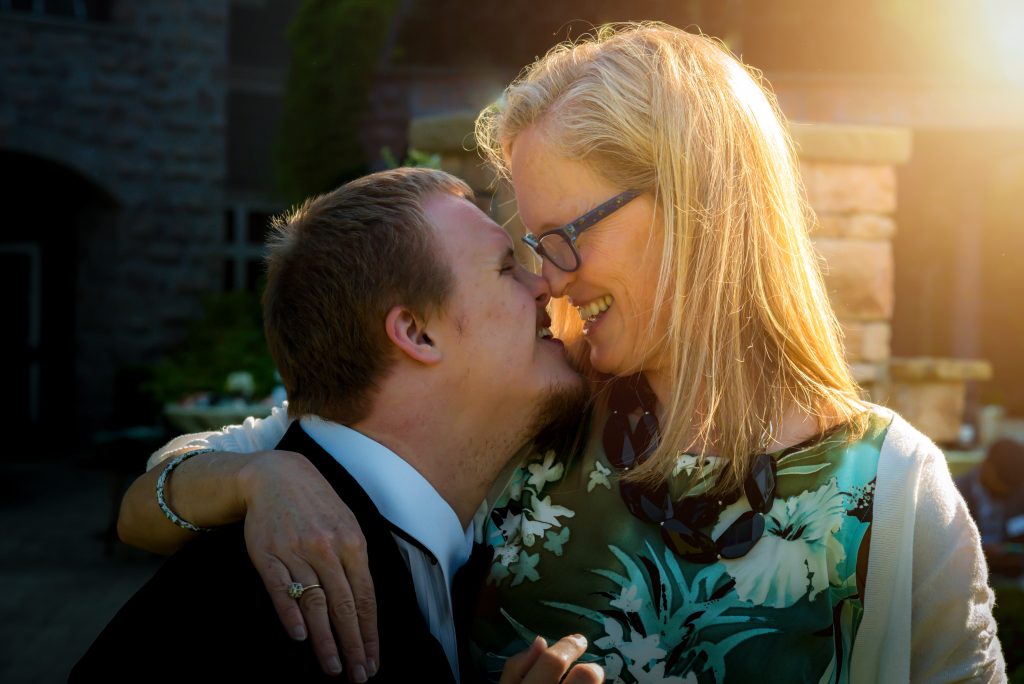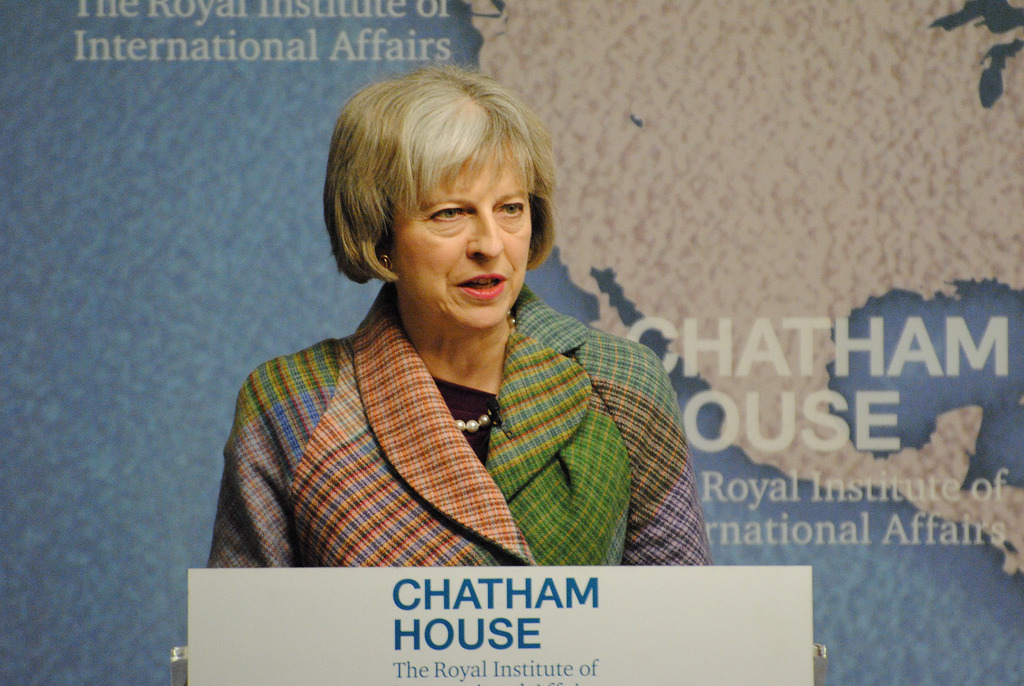New research has found disabled people are increasingly unable to live independently, as well as being “marginalised” from society.
The Equality and Human Rights Commission, one of the groups behind the report, also said disabled people were losing support to be able to take part in the simplest of activities, such as going to work or seeing family.
The findings also come ahead of a United Nations examination into the UK’s record on the rights of disabled people. Last year, the UN said the UK had “systematically violated” disabled people’s rights since austerity cuts in 2010.
UKIM, which commissioned this new report, added that “disabled people are losing support to enable them to take part in community life, go out to work and see friends and family.”
“Many disabled people who need support to live independently in the community are not getting it, or are only getting the bare minimum.”
Made up of the four major UK Human Rights bodies from across England, Wales, Scotland and Northern Ireland, UKIM is tasked with “promoting, protecting and monitoring” the rights of people across the UK.
Bullying, restraint and a lack of independence
 Image Credit: Nathan Anderson / Unsplash
Image Credit: Nathan Anderson / Unsplash
Their research raises many other urgent concerns regarding disability rights in the UK, including “the continued use of physical and chemical restraint” and “bullying of disabled children in schools”.
They also highlight that the level of legal protection for disabled people in Northern Ireland is lower than in the rest of the UK, and expressed concern over the government’s need to take more extensive action in response to disability harassment and hate crime.
A new report from @EHRC claims disabled people are being shut out of society https://t.co/3S9x5WiLbc #DisabilityRights pic.twitter.com/QpRr38nYPR
— RightsInfo (@rights_info) August 23, 2017
Speaking on behalf of UKIM, the Chair of the Equality and Human Rights Commission David Isaac said: “There is a real concern that disabled people are being increasingly marginalised and shut out of society as they bear the brunt of a series of decisions on public spending.
“Disabled people won hard fought battles in recent decades to ensure that they could live independently with choice and control over their support. Evidence of regression must be confronted and urgently addressed.
“As the UK government’s track record on disability rights comes under the international microscope, we want to see concerted action to remove the barriers in society that prevent disabled people living full lives on equal terms with non-disabled people.
“Everyone is entitled to the same opportunities and respect – the government must start taking its human rights obligations more seriously.”






